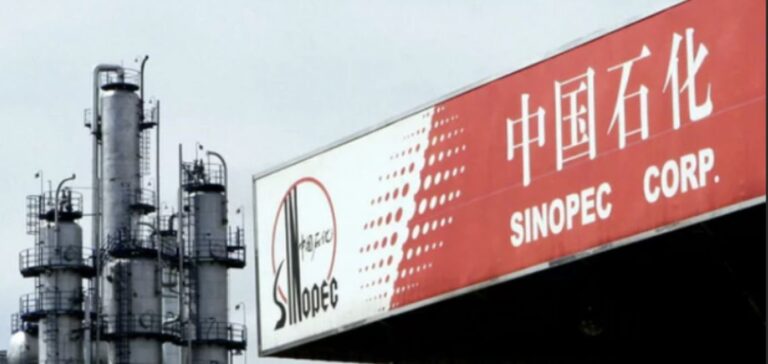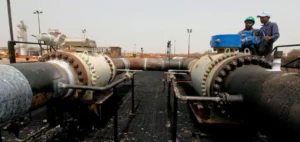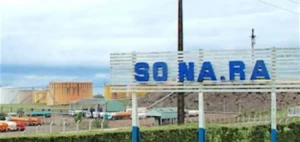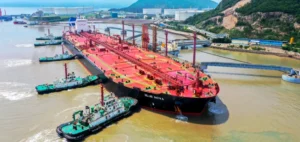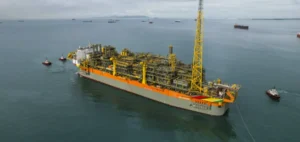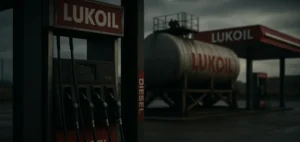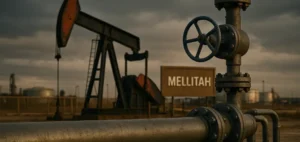China’s petrochemical industry adapts to “Double Carbon” objectives. Indeed, energy transformation and climate challenges are at the heart of discussions at the forums.
China’s petrochemical industry adapts to the challenges of “Double Carbon” objectives
Ma Yongsheng, Chairman of China Petroleum & Chemical Corporation (Sinopec), stressed at a forum on development trends in the petrochemical industry that China is preparing for a major adjustment in this period of change. The “Double Carbon” objectives aim to achieve peak emissions by 2030 and carbon neutrality by 2060. This trend is designed to create chemical production overcapacity in China, prompting the petrochemical industry to speed up transformation and explore high-quality development avenues.
“As China commits to peak carbon emissions by 2030 and carbon neutrality by 2060, global and domestic oil demand will also peak, leading to excess production capacity of key chemicals in China, Ma Yongsheng emphasized. The petrochemical industry must take the initiative to accelerate transformation and modernization in response to the challenges, and explore a high-quality development path focused on building unique advantages.”
Statements by Sinopec Chairman at a forum on the future of the petrochemical industry
The company claims to have already recovered over 1.5 million tonnes of carbon dioxide and saved 8.36 million tonnes of standard coal through energy efficiency projects. It plans to adjust the energy structure to meet clean energy development targets, encouraging the development of multiple energy sectors, including the Deep Earth project, and consolidating its leading position in the use of geothermal heating and waste heat. In the field of green hydrogen, Sinopec operates a pilot plant in Kuqa that uses solar energy to produce green hydrogen. It has also launched the world’s largest coal-fired green hydrogen project at Erdos.
Sinopec: Measures to promote sustainable development and reduce emissions
In natural gas, the Yuanba gas field has achieved cumulative production of over 30 billion cubic metres of natural gas, reducing carbon emissions by 40 million tonnes. Sinopec is also investing in biomass pellets and in the development of photovoltaic and wind power projects as a partial replacement for coal. The company also valorizes high-concentration carbon dioxide, and has completed China’s first megatonne carbon capture, utilization and storage (CUSC) project.


